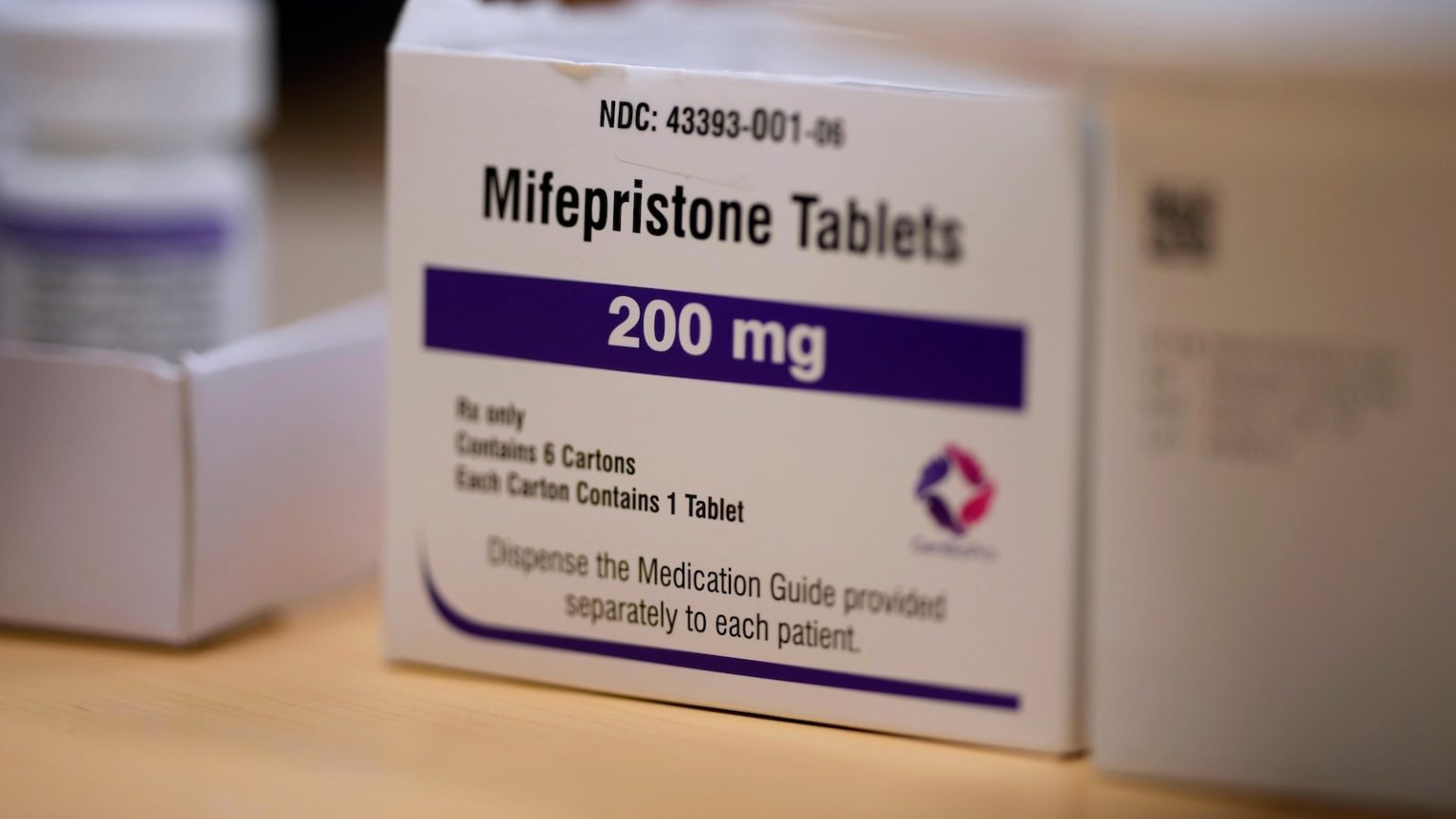The Evolving Landscape of Abortion Policy in the U.S.
The debate over abortion in the United States continues to unfold in complex and contentious ways, particularly in the wake of the Supreme Court’s 2022 decision to overturn Roe v. Wade. In several states where abortion is already banned, lawmakers are now seeking to explicitly prohibit the use of abortion pills, such as mifepristone and misoprostol, which are commonly used in medical abortions. Some are even proposing measures to punish women who seek to end their pregnancies, a step that has drawn opposition from leading anti-abortion groups. These developments highlight the ongoing evolution of abortion policy at the state level and the deepening divisions over reproductive rights in America.
States Targeting Abortion Pills
In states where Republicans control the government and where abortion is already banned at all stages of pregnancy, lawmakers have introduced measures to classify mifepristone and misoprostol as controlled dangerous substances. This classification would make it a crime to possess or distribute these drugs without a prescription, effectively restricting access to medication abortions. Louisiana became the first state to adopt such a law last year, despite concerns from medical professionals who argue that the restrictions could hinder their ability to access the drugs for life-saving procedures. Similar bills have been introduced in states like Idaho, Oklahoma, Tennessee, and Texas, though their fate remains uncertain. In Indiana and Mississippi, such measures have already stalled or appear unlikely to advance.
Legal Battles Over Abortion Pills
The debate over abortion pills has also spilled into the courts, with authorities in states like Louisiana and Texas targeting a New York doctor, Maggie Carpenter, who allegedly mailed abortion pills to patients in those states. A Louisiana grand jury indicted Carpenter on felony charges of criminal abortion, while Texas Attorney General Ken Paxton filed a civil lawsuit against her under similar allegations. These legal actions have sparked a broader debate over the laws in Democratic-controlled states, such as New York, that aim to protect healthcare providers who prescribe and mail abortion pills to patients in states where the procedure is banned. New York officials have made it clear that they will not extradite Carpenter to Louisiana, further escalating the tension between states with differing abortion policies.
New York Governor Kathy Hochul has taken additional steps to shield healthcare providers, signing a law that allows doctors to omit their names from prescription bottles for abortion pills. Similar legislation has been proposed in Maine. Meanwhile, attorneys general in Idaho, Kansas, and Missouri are pursuing a federal lawsuit to overturn the FDA’s approval of mifepristone and ban its prescription via telehealth. These legal challenges underscore the growing complexity of the abortion debate, as states with opposing policies increasingly find themselves at odds over the issue.
Safety and Efficacy of Abortion Pills
Amid the political and legal battles, questions about the safety and efficacy of abortion pills have taken center stage. Critics of abortion pills claim that they are unsafe, but major medical organizations, such as the American College of Obstetricians and Gynecologists, disagree. Decades of research, including a study cited by the organization, show that mifepristone and misoprostol are safe and effective, with serious complications occurring in less than 0.32% of cases. The safety profile of these drugs is comparable to that of over-the-counter medications like ibuprofen. Despite this evidence, the debate over their safety continues to be a flashpoint in the broader controversy over abortion.
Punishing Women Who Seek Abortions
Perhaps the most contentious aspect of the current debate is the proposal to criminalize women who seek or obtain abortions. Bills introduced in states like Idaho, Indiana, Oklahoma, North Dakota, and South Carolina would allow for the prosecution of women under charges such as murder for ending their pregnancies. This approach has drawn criticism from even the most prominent anti-abortion groups, including Susan B. Anthony Pro-Life America and the National Right to Life Committee, which argue that such measures are counterproductive and harmful to the broader anti-abortion movement. For now, none of these bills have advanced beyond the early stages of the legislative process, and their ultimate prospects remain unclear.
The Broader Implications of the Abortion Debate
The ongoing debate over abortion pills and the measures aimed at restricting or criminalizing their use reflects the deep divisions in American society over reproductive rights. It also highlights the increasingly polarized nature of state-level politics, as Democratic- and Republican-controlled states adopt diametrically opposed positions on the issue. While it remains to be seen how these measures will fare in the legislative and legal arenas, one thing is clear: the abortion debate in the United States is far from over. As policymakers, healthcare providers, and advocates on all sides of the issue continue to push their agendas, the stakes for women’s health and reproductive autonomy have never been higher.















